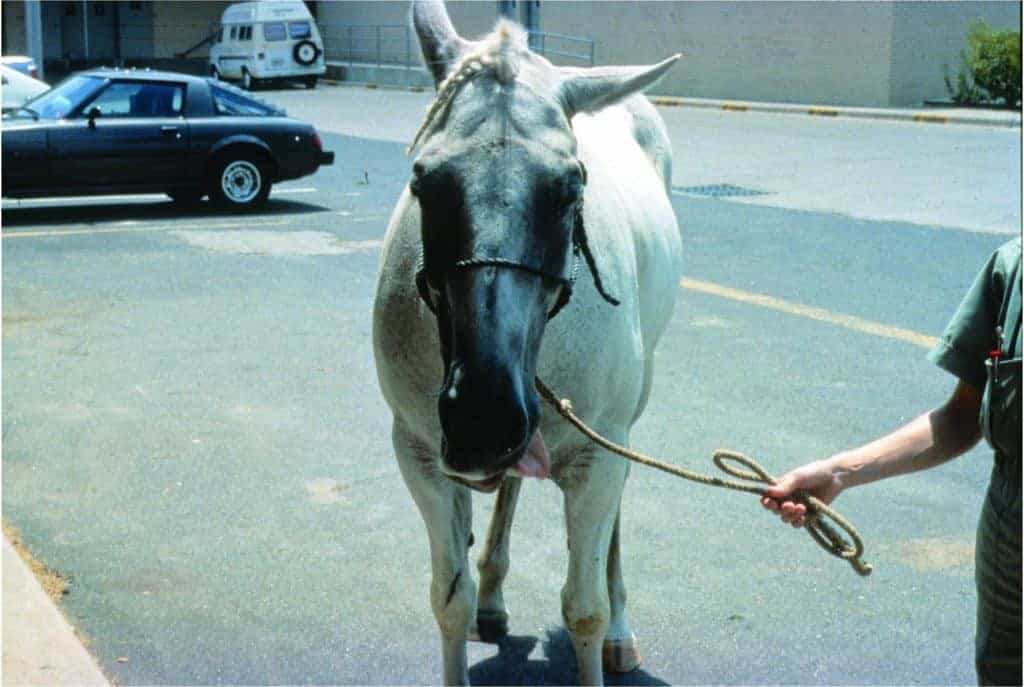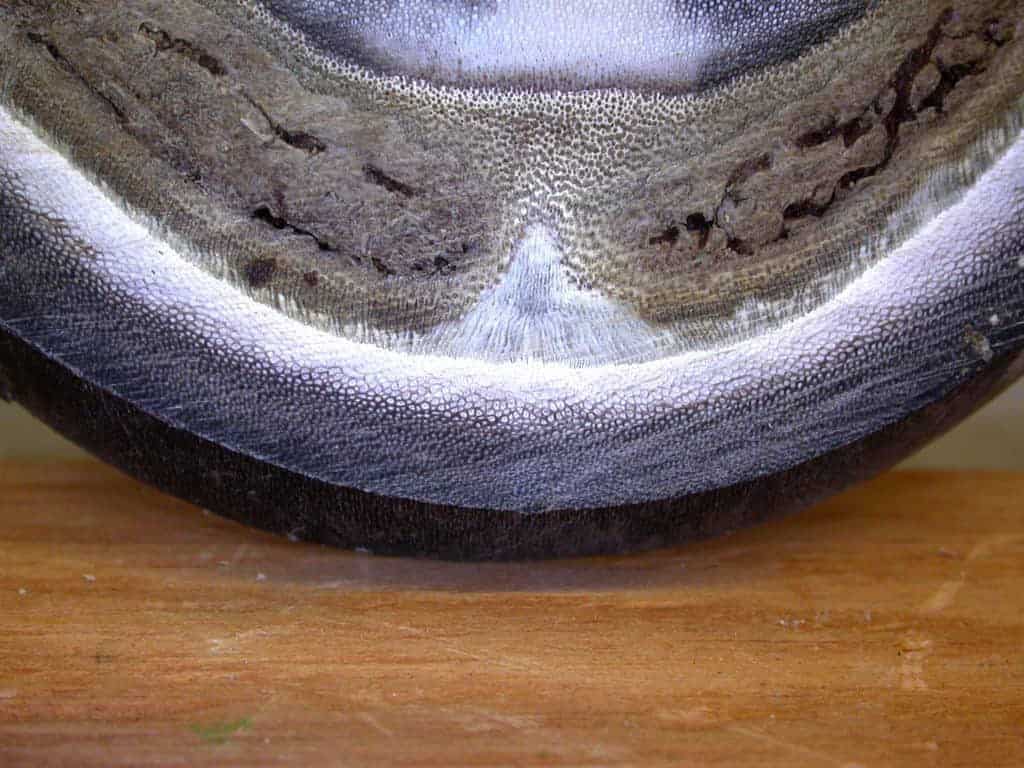Researcher Working to Better Understand West Nile Virus
Bernard is examining interactions between the body, the West Nile virus, and even the mosquito saliva.
Bernard is examining interactions between the body, the West Nile virus, and even the mosquito saliva.

Ultrasonography successfully identified both small and large intestinal diseases and predicted surgery need.

Researchers discuss the parasite’s life cycle, EPM diagnostic testing, and the S. neurona genome project.
Pony Club and 4-H members will learn about horse health care, equine veterinary medicine, and horse husbandry.
Sue Dyson, MA, VetMB, PhD, DEO, FRCVS, and Chris Gregory, CJF, FWCF, will present at the lecture in January.
Veterinarians use the principles of evidence-based medicine when they diagnose patients.
Researchers developed a “brain and immunity chip” to characterize molecular changes in the equine brain.

Research is needed to determine if the toe crena could be used as a prognostic indicator for laminitic horses.
Contrary to popular belief, feral horses are not exempt from developing laminitis.

Chronic pain can’t be ignored, as it negatively impacts both a horse’s physiology and his mental health.
Nearly 6,400 veterinary professionals, guests, and exhibitors attended the 2011 meeting.
The first of multiple studies in the laminitis research campaign is already under way at Texas A&M.
The winning research proposals address issues surrounding ERV diagnosis, symptomatology, and treatment.
Michelle LeBlanc, DVM, Dipl. ACT, received the award at the 2011 WEVA Congress in Hyderbad, India.

Cryotherapy is known to have anti-inflammatory and pain relieving effects, both of which help affected horses.
The award honors a nonveterinarian individual who has made substantial contributions to veterinary medicine
Stay on top of the most recent Horse Health news with
"*" indicates required fields